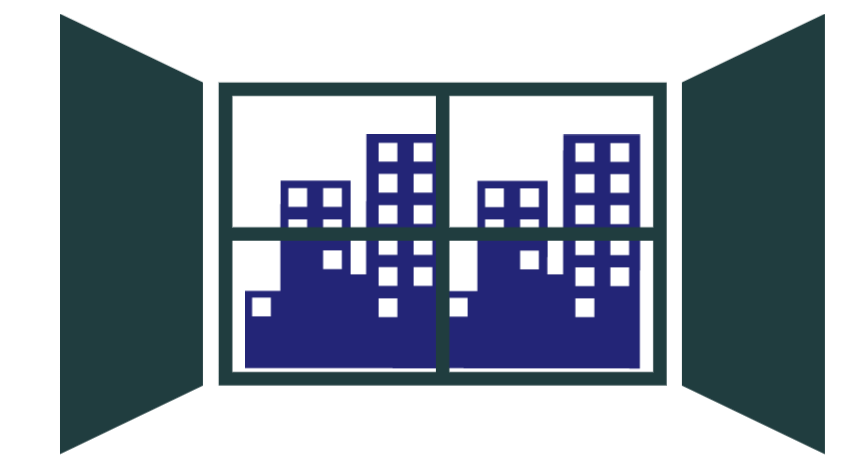From conducting several interviews with people from various Latin American cities, we have gathered that the COVID-19 pandemic has impacted Latinx people in similar and different ways than in the US. In comparison, U.S. response to large death tolls has been shifted to pinpoint large cities as the only centers of violence and it can feel that we are becoming more numb to tragedies in our country which is different from Latin America. In L.A., there have been several massacres throughout history that have not caused this kind of disconnect because more of the population has been affected personally by violence unlike the U.S. where the media plays a large role in the spread of information and dissociation. This can play a role in how Latin Americans respond differently to health regulation and can be seen to abide by mandates.
Latin American culture is generally very family oriented and communal based. Coming together is an important part of everyday life, families are constantly together. Familial bonds are tight and the decision making process is based on a collective mindset, thinking not just of oneself but the whole family. Large gatherings are also a large part of the culture, Latinx people see gatherings as a way to celebrate being together as a family. People in Latin America also spend much of their time outdoors either in city plaza/zocalos or on the streets to remove themselves from the generally small living space afforded to them. This mobility has been restricted and the outdoor activities that are routine are no longer available which further adds to displacement felt during the pandemic. There are festivals held for every holiday, Mother’s Day, Father’s Day, there is even a celebration of children as well. Events like these that are traditions have been put off due to the pandemic which has added to the detachment felt by urban dwellers. As a result, a positive outcome noted by residents of cities is that pollution, which is common and a large threat to the natural features present throughout Latin America, has decreased from the immobility that has been implemented as a health safety regulation.
One way of showing respect in Latinx culture is through greetings. When entering a house one would be required to greet every person inside as a sign of respect, and in greeting a family member or friend one would generally give a hug/handshake and kiss on the cheek. This has been swapped out for elbow taps to avoid unnecessary physical contact. This has cripled the community bond felt by people in L.A. People are feeling generally isolated and lonely during these times as they are seperated from family and friends. It has put a great deal of anxiety in people as they fear contagion and infecting their loved ones, which is also impacting the general mental health. The large death toll has caused many people to lose loved ones without an opportunity to say goodbye or grieve properly.
Latin American households are likely to be multigenerational making social distancing more difficult, and disease difficult to contain. Young people are left totally isolated and often unable to participate in their schooling. Many people do not have access to their own devices or internet to allow them to participate fully in online schooling. People in rural areas must rely on television and radio educational content which gives no form of feedback or follow up for students. For many students, they have simply lost a year of schooling. Other students from families who suffer from extreme vulnerability and poverty dropped out of school as they cannot access education online.
It seems that people in Latin America are generally more concerned over the virus and have been more closely following the COVID regulations set in place by Municipal and National governments. The virus is more widespread impacting people across socioeconomic lines which has put a fear in people. There is generally a drastic difference in the support of masks and face shields in comparison to the political debate it has started in the U.S. In Latin America, people are less inclined to accept Westernized medicine and promote herbal and holistic remedies as an alternative to heal. As many cannot afford the high prices of medicines, herbal teas and natural remedies are viable options that many use to alleviate symptoms of all illnesses. Many Latinx people take every precaution they can, even to the extent of spraying down people and things with alcohol before entry into households.

Recent Comments